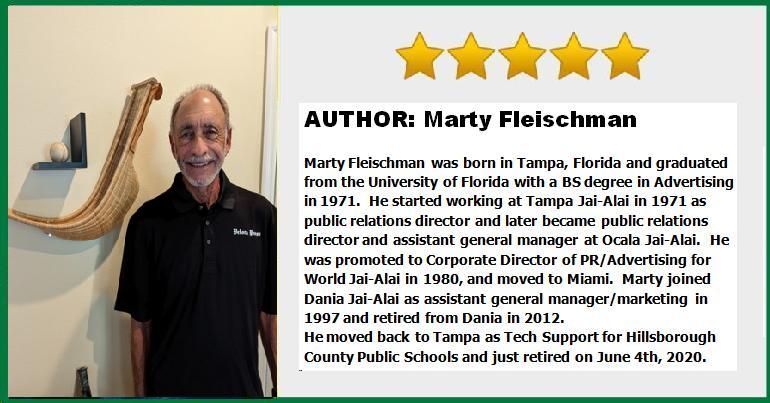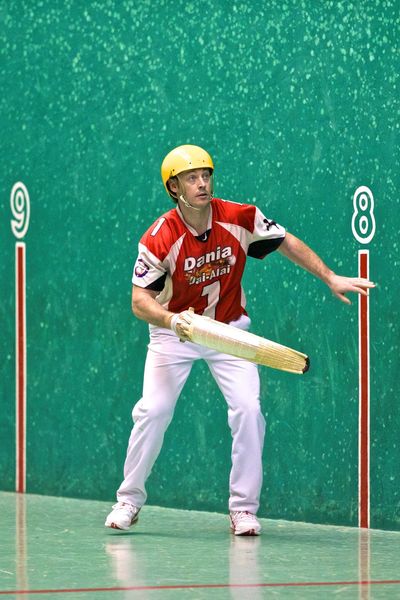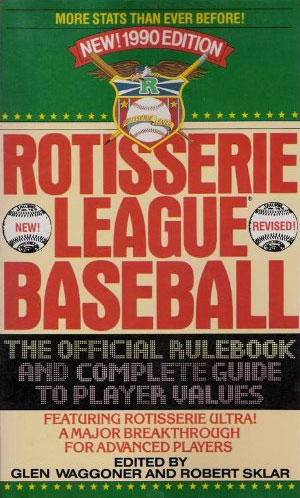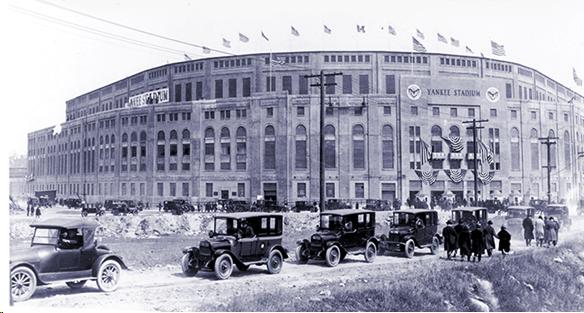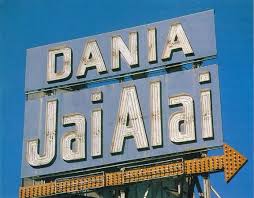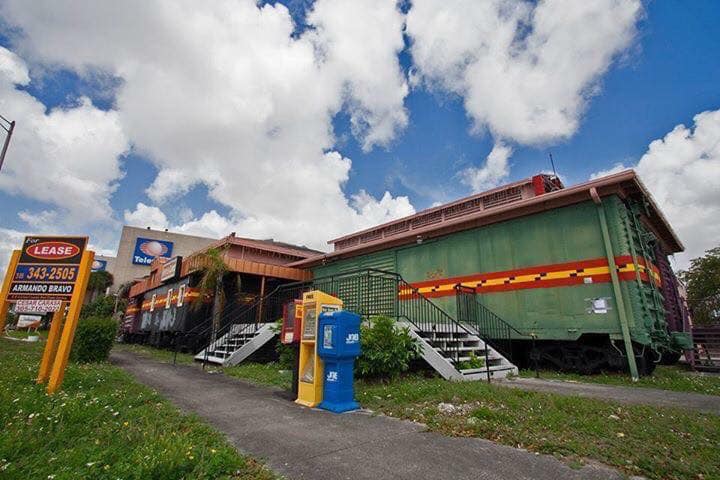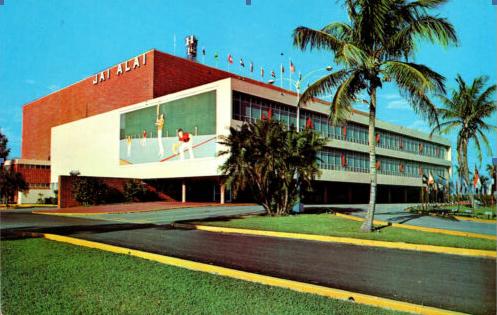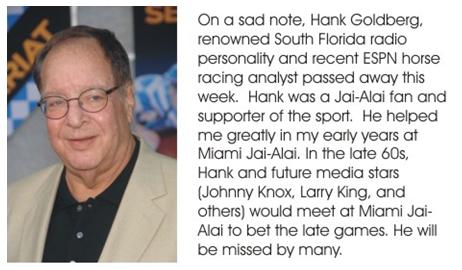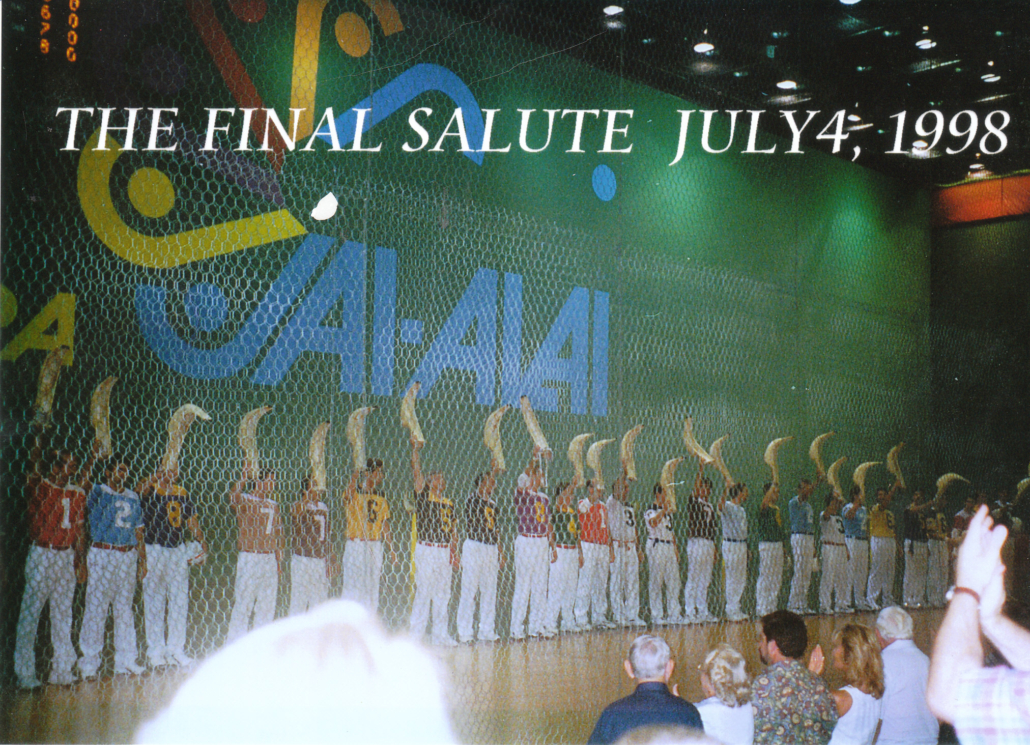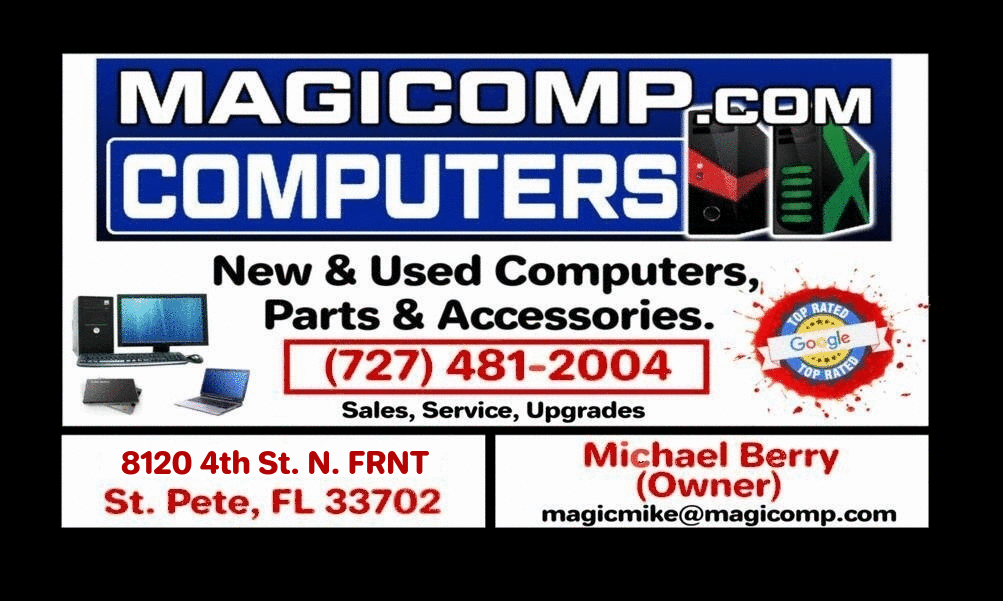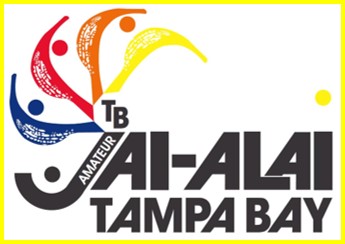Note to Readers:
Some might have noticed; it’s been a while since my last posting. I just
returned from a 6-week road trip to the Northeast, Nova Scotia and
Quebec. Feeling rested (after over 6,000 miles of driving) I will write
the final chapters in my 41-year saga of my life with Jai-Alai. Thanks
for sticking with me and hope you enjoy the concluding episodes.
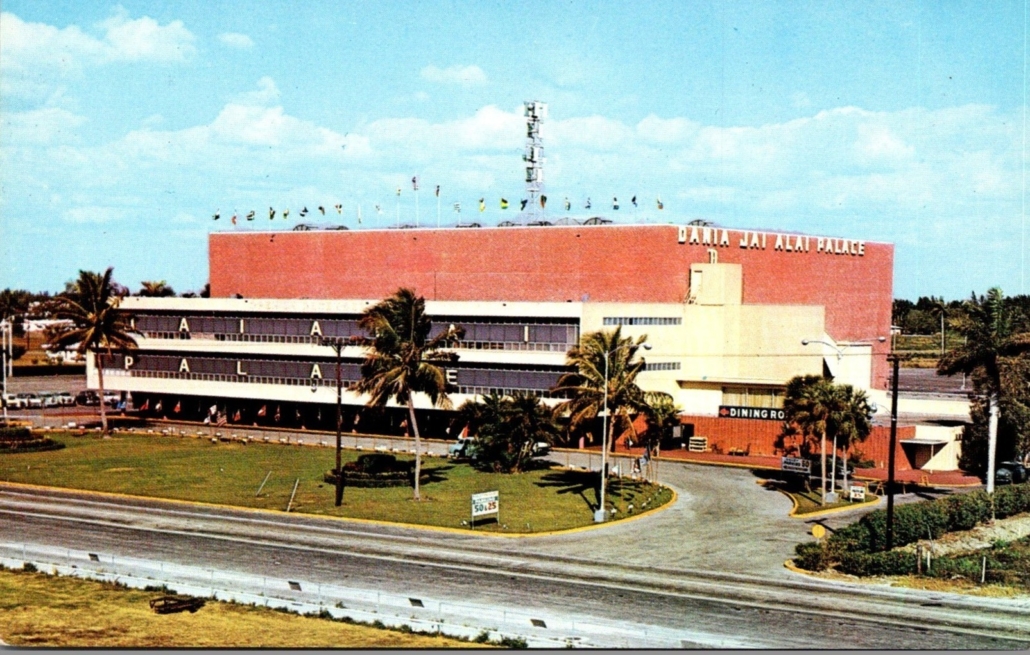
“The End Is Near”
In the early 2000s, much had changed in the Jai-Alai industry. World Jai-Alai, my old company, no longer existed. It had become Florida Gaming Corporation. Tampa Jai-Alai was closed. Ocala sold. Palm Beach Jai-Alai, a beautiful facility, owned by the Sylvester family, was gone. Most of the Connecticut frontons had ended their live Jai-Alai operations. Dania and Miami were the last of the major Jai-Alai frontons in existence… and they were both barely staying afloat.
By 2004, I had been with Steve Snyder and John Knox at Dania for six years. My relationship with both had grown closer, my respect for them expanding exponentially. Snyder, who owned Dania, never lost hope in trying to save the sport… and his enormous investment.
John Knox was his right-hand guy, whose hands-on management approach gave our fronton the best chance of rebounding into financial stability. Was adding me to the mix enough to pull us out of the tailspin?
I spoke to my old friend and manager of Miami Jai-Alai Dan Licciardi almost weekly. They, too, were struggling. Before I left Miami Jai-Alai, I knew the company was losing almost $4 million a year. I figured Dania couldn’t be far behind, since our revenue figures were similar.
But, we had added the poker rooms in 1997, though hampered by the $10 pot limit laws. Our simulcasting of horses and dog racing had grown. Still, carrying an average of 40 Jai-Alai players on a roster was an insurmountable expense with our existing revenue streams.
The total acreage of the Dania Jai-Alai property was extremely valuable. Remember, Dania was less than a mile from the beach, five minutes to the airport, and nestled nicely between Miami and Ft. Lauderdale.
There were rumors that Steve Snyder was getting offers from real estate developers. Many times I would see Snyder meeting with people in his office eventually touring the property. I began to worry.
At some of our daily lunches with Steve, John and CFO Clint Morris, I would broach the subject, seeing if Snyder might slip and reveal his plans. “If it wasn’t for our other investments offsetting Dania’s losses, we would be in big trouble,” I remember him saying.
I was not sure of the “other investments.” But I do know Snyder had sold Milford Jai-Alai and must have invested that money. I, also, knew that no one wanted to continue losing money, just to have it offset by some wiser investments. Steve was a Yale graduate and a self-made successful businessman. Continuing with this strategy for much longer would be financial suicide. Could the end truly be near?
Steve turned his attention to our 2003/2004 Winter Season, which was our commemorative 50th year of operation, Dania’s “Golden Anniversary.” He wanted to do something very special, a big celebration. I wasn’t sure whether he wanted to do this because it was amazing that Dania Jai-Alai had made it half a century, OR because it was our final celebration, to go out with a bang.
He gave me a large budget for promotional material and extra advertising funds. I suggested confetti canons, like they shoot off at the Super Bowl, at the conclusion of the event. He loved the idea.
Surely, this would draw a huge crowd, the past fans who used to come almost nightly to the Dania Beach facility. Could this one night of celebration reignite our fan base? Maybe make the fans realize what they had been missing?
Our Golden Anniversary night was fantastic. I stressed about the confetti canons going off at the right moment. I worried about coordinating the Kool and the Gang “Celebration” song with the release of the confetti. It all worked! And, we had a nice crowd for the event.
Unfortunately, in the weeks that followed, attendance dwindled. Business dropped to the levels prior to our celebration. We made it 50 years, but it was doubtful we could last another year or two.
Then, in deep despair, with little hope, we heard some rumblings. Rumors began to surface about the proposal of another gambling amendment to the Florida Constitution.
I dismissed the rumors. Gambling amendments had already failed three times. Florida voters didn’t want more gambling. Then, John Knox told me, “Apparently, this is different. This is not full gambling, only slots for South Florida.”
I blew it off as another hopeless cause, destined for defeat. Yet, some stories appeared in the newspaper. All the pari-mutuels in Florida seemed to be embracing the idea. But would Steve Snyder? Would he wait? My future depended on it.
